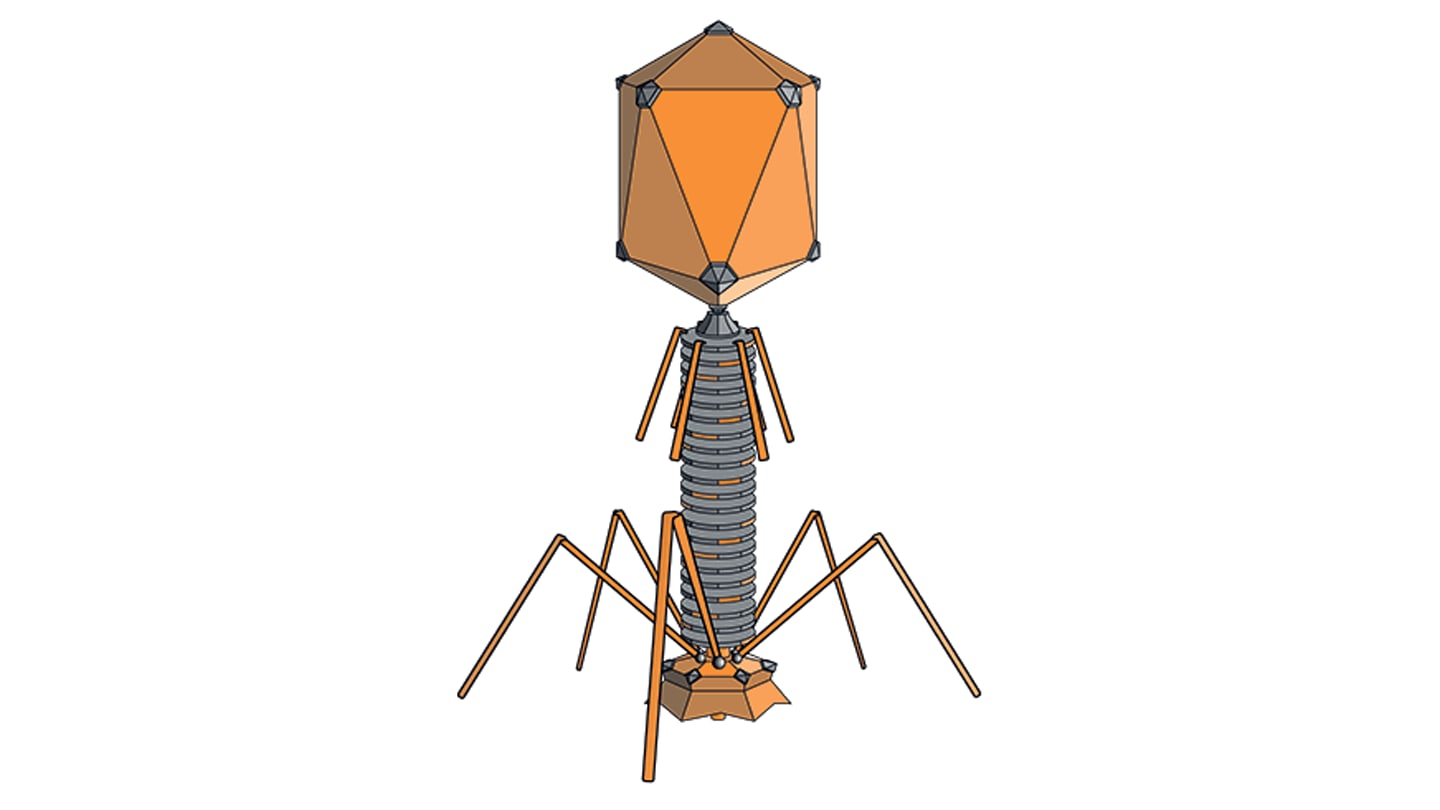
Scientists worldwide have condemned suggestions from Donald Trump that Tylenol is a cause of autism.
The FDA has said it is initiating a label change for acetaminophen products to reflect an “increased risk of neurological conditions such as autism and ADHD in children” – and starting the approval process for the cancer drug leucovorin as a potential treatment for autism. A statement from the agency claims to be “using gold standard science and common sense to deliver for the American people.”
But health associations and scientists strongly disagree with the “gold science” behind the Tylenol claims. While painkillers such as aspirin and ibuprofen can cause problems during pregnancy (especially during the third trimester), acetaminophen is generally considered safe.
Here’s a roundup of statements from across the globe:
Rigorous testing shows safety of acetaminophen
A landmark study – funded by the NIH and published in 2024 – examined 186,000 people and found no link between acetaminophen use in expectant mothers and autism traits in children.
Jeffrey Glennon, Assistant Professor at University College Dublin School of Medicine, explains: “What makes this study convincing is the researchers examined registry data for 2.4 million Swedish-born children between 1995 and 2019. They then combined the prescription register and reports to midwives during pregnancy to study the nearly 186,000 children whose mothers were treated with paracetamol during pregnancy. These children were compared with their own brothers and sisters in cases where the mother had not been treated with paracetamol when she was pregnant with them. They concluded that there was no evidence of a link between maternal paracetamol use and autistic traits.”
Steven Kapp, Senior Lecturer in Psychology at the University of Portsmouth, and a member of the Coalition of Autism Scientists, also pointed out that any studies that claim to find a link between acetaminophen and autism do not separate out correlation from causation. For example, parents of autistic children may be autistic themselves and may be more likely to have pain-related conditions that make them more likely to take paracetamol. He also added: “There is a long history of a cottage industry of false causes and “treatments” offered for autism that prey on desperate people’s hopes and fears. It is sad that unqualified demagogues continue to disregard science.”
No change to acetaminophen use in Europe
There will be no change to the European Medicines Agency’s stance on acetaminophen for reducing pain or fever during pregnancy. The agency stressed that a large amount of data suggests the drug is safe
“In 2019, EMA reviewed available studies that investigated the neurodevelopment of children exposed to paracetamol in utero and found that the results were inconclusive and that no link with neurodevelopmental disorders could be established,” said a statement.
Untreated fevers carry risk in pregnancy
Although pain medications such as aspirin and ibuprofen have documented neonatal risk, the National Medical Association (NMA) says that research on Tylenol’s impact on unborn children is inconclusive. However, a statement also stresses “the evidence is clear that untreated high fevers during pregnancy can cause serious harm to both the mother and baby. Neurodevelopmental disorders are complex and often have many different causes, making it challenging to link them to a single source. Research has shown that the human brain grows until 15 months of age, and children can be influenced by many factors that might cause problems later.”
The NMA has also called for RFK Jr to be removed from his post. A statement added: “Secretary Kennedy’s continued dismantling of the U.S. public health system, his dangerous spread of misinformation, and his rejection of science-backed vaccines represent an existential threat to the health and safety of every American. His reckless actions have eroded trust, destabilized federal public health agencies, and jeopardized the lives of millions, especially Black communities and other historically marginalized populations who are most vulnerable to health disparities.”
Autism is caused by many factors
Dimitrios Siassakos, Professor in Obstetrics and Gynaecology at University College London and Honorary Consultant in Obstetrics at University College London Hospital, said: “Autism results from several factors, often combined, particularly genetic predisposition, and sometimes low oxygen at the time of birth as a result of complications. Research has shown that any apparent marginal increase as a result of paracetamol/acetaminophen use in pregnancy tends to disappear when the analyses take into account the factors that matter most. For example, in studies looking at siblings, any association disappeared – it was the family history that mattered and not the use of paracetamol. Undue focus on paracetamol would risk preventing families from using one of the safest medications to use in pregnancy when needed.”
Edward Mullins, Clinical Associate Professor at The George Institute for Global Health, Imperial College London, added: “The best available evidence is that paracetamol use in pregnancy is not linked to autism. In the absence of any new evidence, the reported press release from the Trump administration claiming it is would appear to be an unsubstantiated theory which is likely to lead to an essential treatment for fever and pain being denied to women in pregnancy without good reason, contrary to US and European medical guidance.”
Leucovorin research is preliminary
According to the US Department of Health and Human Services (HHS), there is evidence that some autistic children have folate deficiency, which could potentially be treated with leucovorin – a form of folate. The drug is currently used in cancer patients to help with certain side effects.
However, research on leucovorin and autism is very preliminary. “Current evidence is based on small trials, with a proposed biologic mechanism that has not been proven. Before recommending leucovorin for use within the Autism community, its safety and utility must be thoroughly understood. Without such clarity, there is a significant risk of harm or of fostering false hope among individuals and families seeking support,” said a statement from the Autism Society.
Michael Absoud, Reader in Paediatric Neurosciences at King’s College London, added: “Recent headlines suggest that blocking antibodies to the folate receptor might explain some cases of autism, and that a prescription of Leucovorin (folinic acid medicine supplement used alongside cancer treatments), could help. The original studies linking these antibodies to brain folate deficiency and autism were small and lack replication. Larger, independent trials are missing…More research in worldwide labs is needed to confirm the high positivity rates (50-70%) which is unlikely to be plausible. Even the widely cited link between maternal folate receptor antibodies and neural tube defects has been challenged by follow-up studies.”
HHS also announced over $50 million in funding for autism research for 13 projects, although the projects have not been revealed.
Social media reacts
Health agencies and scientists are not the only ones outraged by Trump’s acetaminophen claims. A quick scan of the social media platform X revealed numerous viral posts mocking the announcement – and many encouraging Tylenol maker J&J to launch lawsuits.
Some people are (in poor taste) making jokes about taking Tylenol to produce an autistic genius, with pregnant women making rage bait videos of themselves taking Tylenol.
Others are calling for women who knowingly take Tylenol while pregnant to be thrown in jail. Misinformation is also rapidly rising, with many accounts on X pushing pseudoscience to explain how Tylenol reacts with vaccines to cause damage to children.
The seed of doubt
Pregnant women already face enormous issues in accessing medicine – and may often feel shame or guilt when it is necessary. The majority of scientific studies say that Telynol is considered safe during pregnancy – in fact, it is the only painkiller considered generally safe for use during pregnancy. But the remarks from Trump and RFK Jr will have planted a seed of doubt and risk undermining trust in safe and essential medicines at a time when expectant mothers already face difficult choices.
The scientific community is clear: autism is complex, with multiple genetic and environmental factors at play, and neither Tylenol nor vaccines have been proven to cause it. The real harm lies in the erosion of public confidence – leaving parents unsure whom to believe and patients at risk of being denied safe, necessary treatment.




